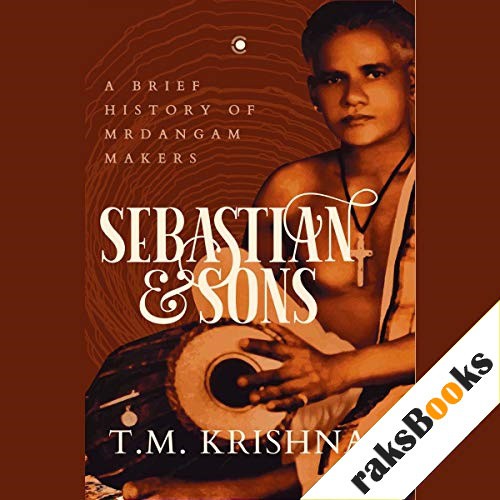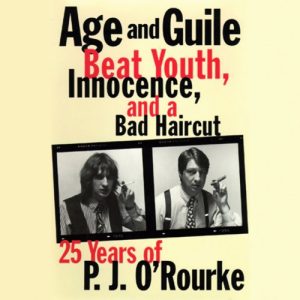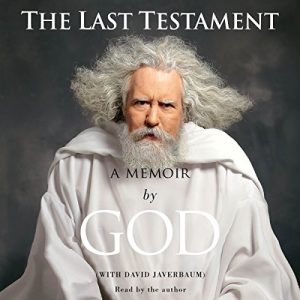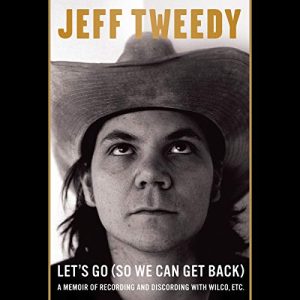The mrdangam is an integral part of the Karnatik stage, its primary percussion instrument. Yet – startling as this is – the instrument as we know it is only a century old. T.M. Krishna investigates the history of the mrdangam and meets the invisible keepers of a tradition: the mrdangam makers.
The making process is an intellectually, aesthetically and physically taxing one. From acquiring the skins for the circular membranes and straps to the wood for the drum, from curing the material to the final construction, and at the end of it all, making sure that it has the tone that the mrdangam player wants, mrdangam-making is also a highly nuanced operation at every stage.
While several artists have been credited with the evolution of the instrument, including the stalwart Palghat Mani Iyer, none of them had knowledge of a fundamental aspect of the making: hide. The quality of the hide and how it is cured, cut, stretched, bound and braided impacts the tone, timbre and sound of the instrument. This requires a highly tuned ear and an ability to translate abstract ideas expressed by musicians into the corporeal reality of a mrdangam. Yet, their contribution to the art of the mrdangam is dismissed as labour and repair – when it is spoken of at all.
There are legendary mrdangam players, yes; there are also distinguished mrdangam makers, many of them from Dalit Christian communities, who remain on the fringes of the Karnatik community. Sebastian and Sons explores the world of these artists, their history, lore and lived experience to arrive at a more organic and holistic understanding of the music that the mrdangam makes.








Reviews
There are no reviews yet.